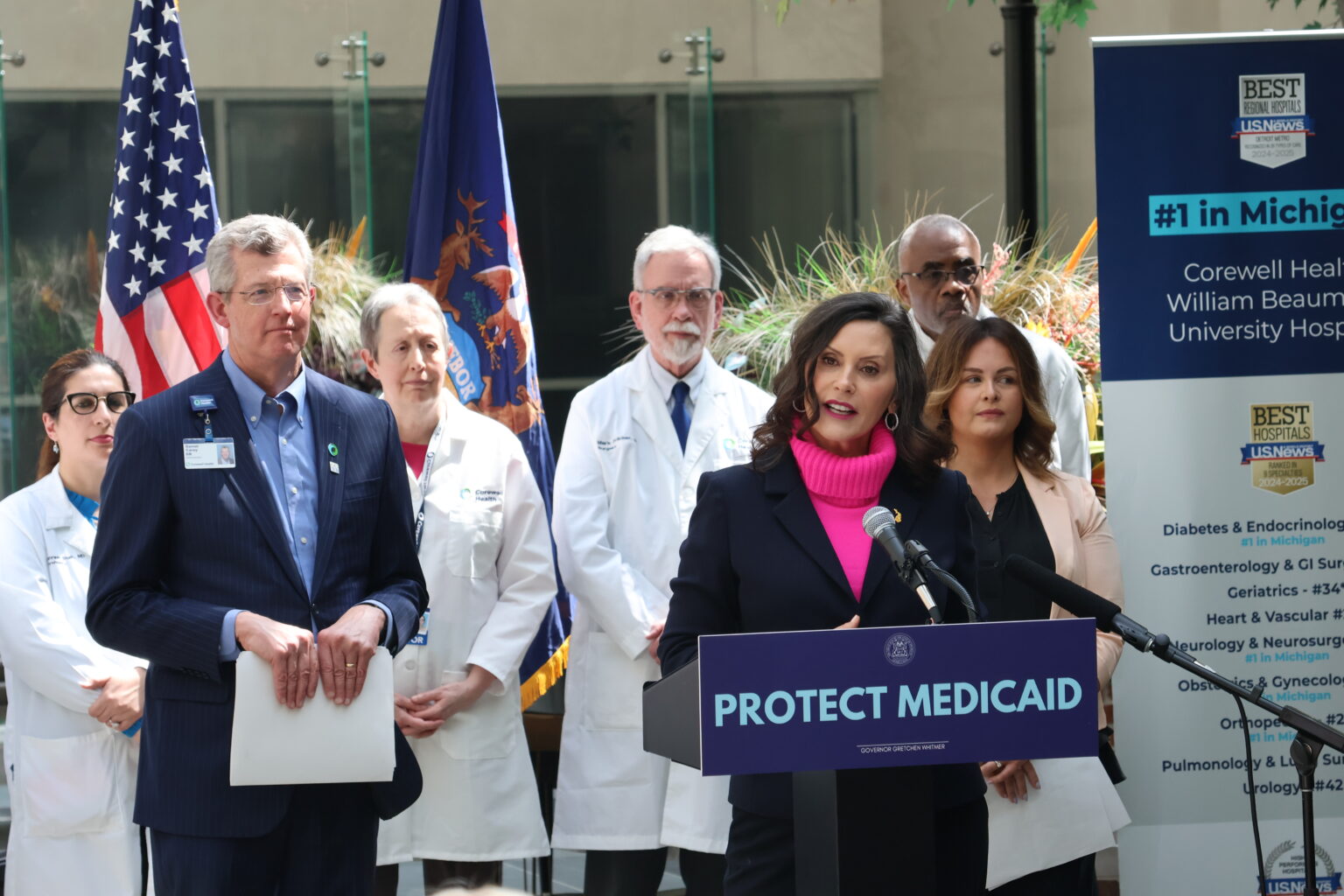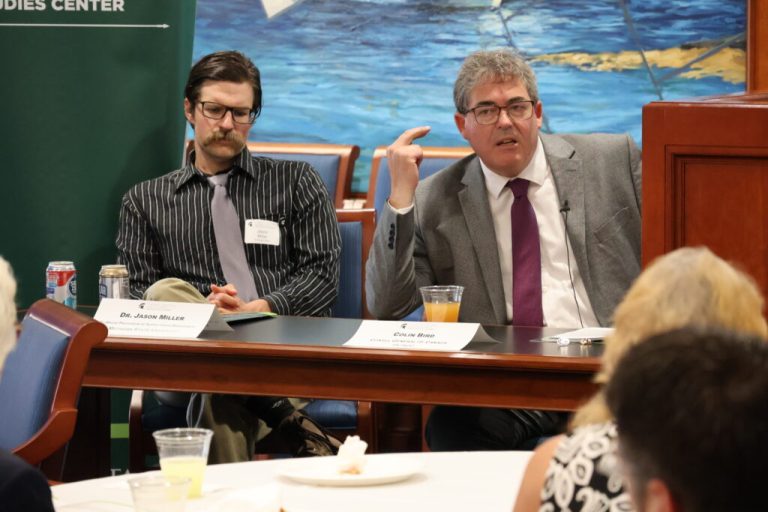Michigan Families at Risk as Federal Cuts Threaten Health Care and Social Services
As Congress debates requiring severe federal budget reductions, Michigan families might begin to experience realities i.e., essential social services and health care soon to be cut short. Legislators are calling for $163 billion reductions in federal spending, and what is to be reduced affects on a daily basis programs Michiganders rely on on which millions depend. While the plan is still in proposal form, public health professionals and community activists warn that the effect will be profound and painful.
Among the most vulnerable to suffer the brunt of the cuts are immigrant families, who in many instances already subsist on a delicate support system. Christine Sauvé of the Michigan Immigrant Rights Center emphasizes that these individuals are not aliens – they’re valuable to society. “These people are neighbors. They are co-workers. They reside in communities across the state, and they contribute significantly to the state’s economy,” she says.
But immigrant families alone are not at risk. The budget proposal reduces funding for an array of state public aid programs that benefit middle- and low-income families statewide. They include the Low-Income Home Energy Assistance Program (LIHEAP), which helped keep lights and heat burning in more than 430,000 Michigan homes last year, the Child Tax Credit that supports working parents, and the Supplemental Nutrition Assistance Program (SNAP), which helps families to put food on the table.
Anna Almanza of the Food Bank Council of Michigan says that with food prices still not moving and wages not rising, families are already just keeping their heads above water. “Food security is already out of reach for too many Michigan children and families,” she says. “Cutting programs like SNAP would only drive more people into hunger.”.
Compounding the issue is the overlap of these cuts and immigrant eligibility. Esther Reyes of the Protecting Immigrant Families Coalition contends that federal safety net limits disproportionately harm lawfully present immigrants and their U.S.-born children. “These aren’t policy changes on paper – they have real, harmful impacts on American families,” Reyes stresses.
Health care access also is on the line. Jackie Chandler from the Michigan Primary Care Association says that if these cuts go through, delays in medical care and loss of access could become common. “We’re not just talking about immigrant families – these cuts would affect anyone who depends on community health centers or relies on subsidies to access care,” Chandler says. In other words, Michigan can look for more untreated illness, higher rates of use of emergency facilities, and more on an overextended health care system.
What’s most troubling is that these suggested changes are just one piece of a broader attempt to shift funds to defense and homeland security by sacrificing at the expense of harming communities. National security is important, but most analysts argue that dismantling the social safety net is too steep a price to pay – particularly when families are still recovering from the economic effects of the COVID-19 pandemic.
In places like Michigan, where many of its citizens rely on public welfare programs for food, housing, child care, and health care, the effects would be disastrous. Activists are urging residents and lawmakers to recognize the potential consequences before it’s too late.
“The danger isn’t abstract,” Almanza repeats. “We have seen how swiftly families can collapse if support networks are removed. Now is not the moment to turn our backs on them.”
Although the budget reconciliation bill still has a long journey through Congress, local leaders are calling on Michigan residents to stay informed and get involved. Sauvé suggests that now is the time for community members to reach out to their representatives and make their voices heard. “Whether you’re directly impacted or not, this affects all of us,” she says. “Strong families and healthy communities benefit everyone.”
The reality is that the reduction in public services has repercussions far broader than the ones they immediately affect. Reduced provision of food and healthcare leads to more sickness, more absence from school, and less productivity in work. These are not isolated personal problems these are social and economic problems which can affect the state itself.
Until then, the dispatch from the trenches is simple: stay alert, stay awake, and get ready for what awaits. The upcoming months may promise difficult choices to legislators as to families.
As Chandler would put it, “When we’re talking about budget cuts, we can’t forget that each line item has a human face behind it – a child, a parent, a neighbor who depends on that support to live a healthy, decent life.”
Briefly, the anticipated federal cuts assuredly will save dollars in the short run, but the long-term consequences may be much more catastrophic especially for Michigan’s most needy families. Through loss of access to health care, hunger, or demolition of essential programs, the budget plan’s impact can be felt for a very long time.







